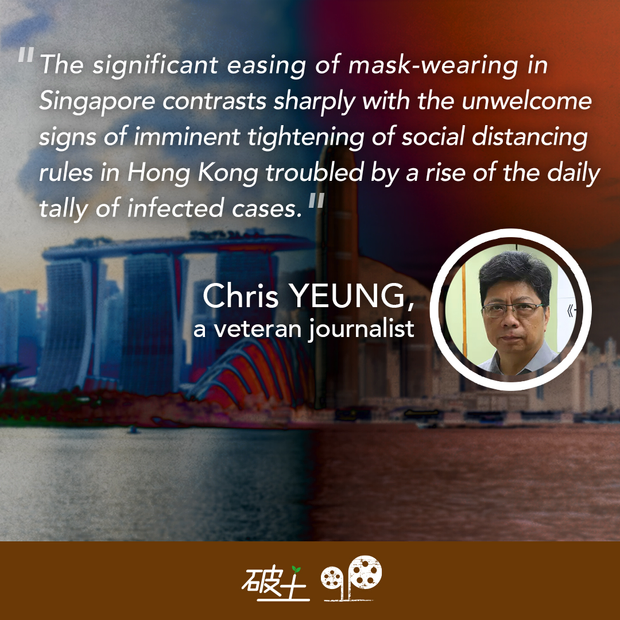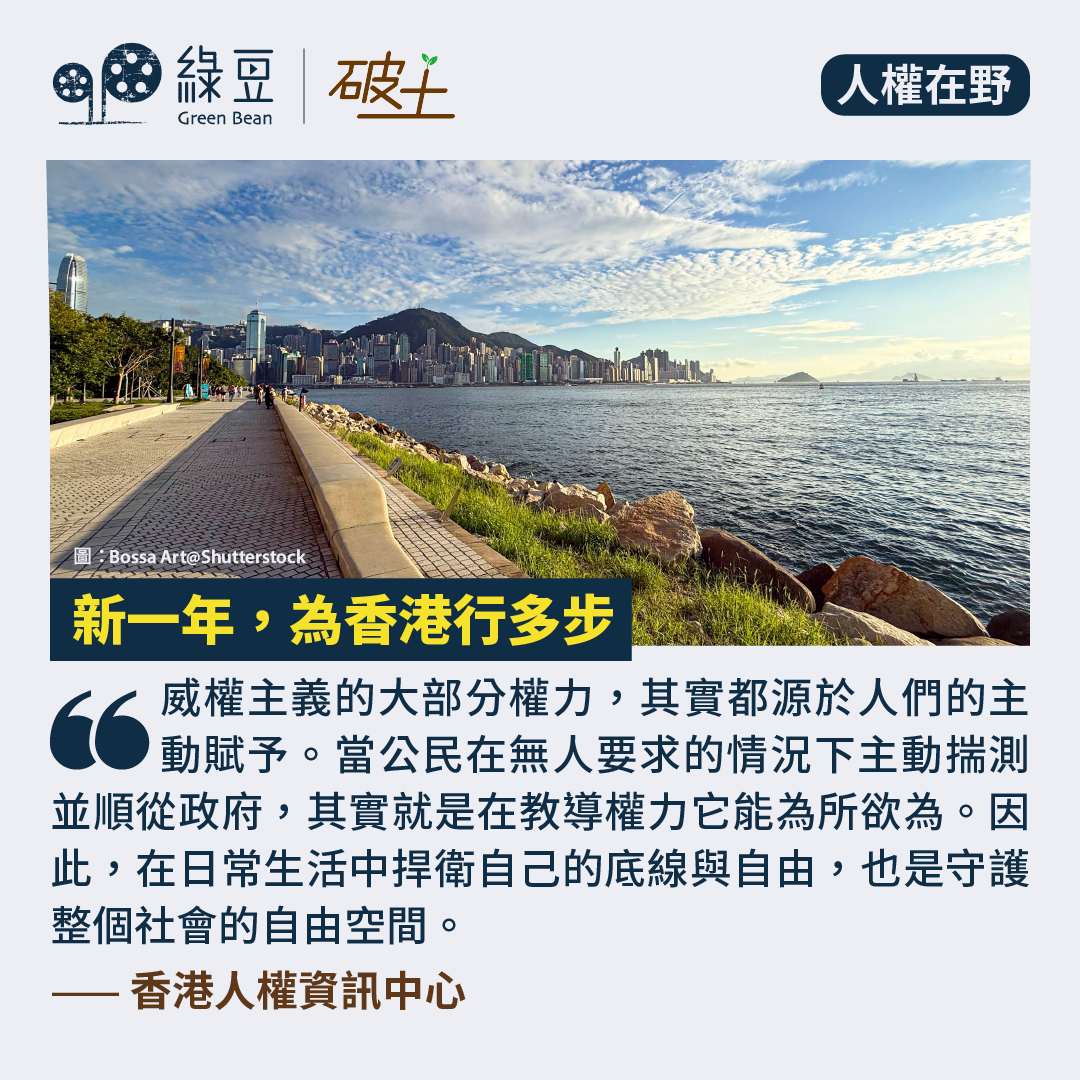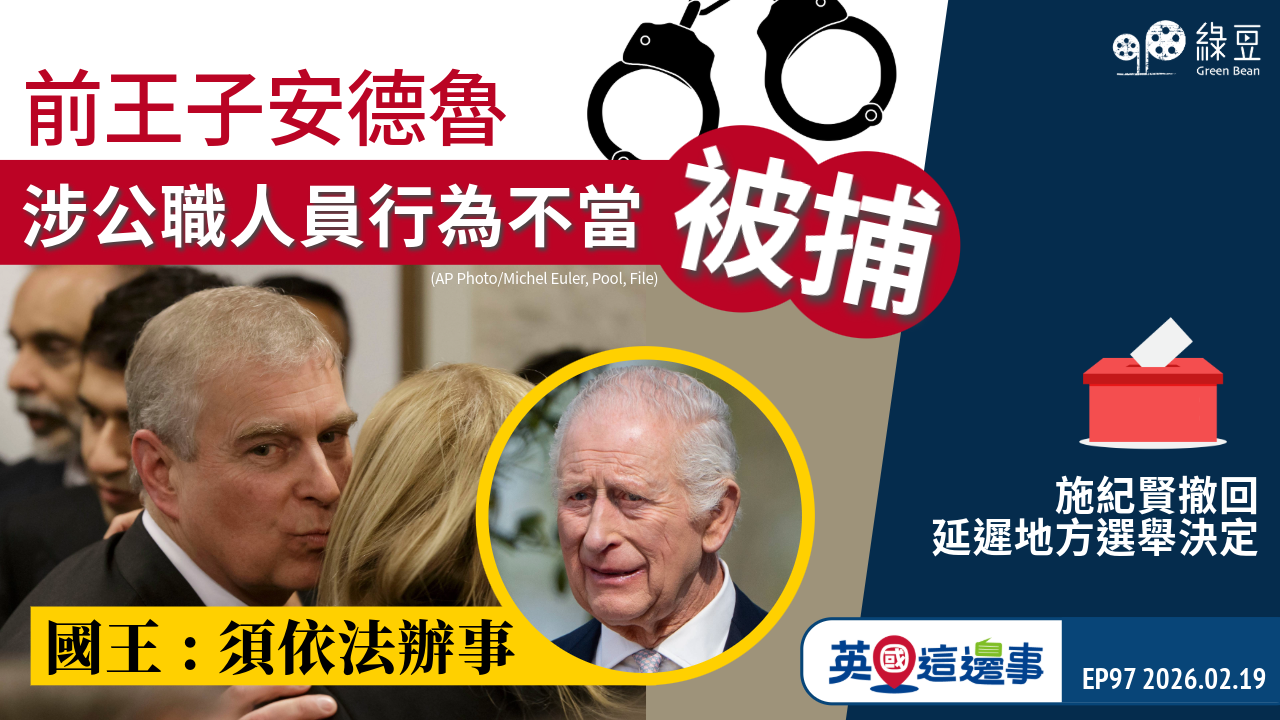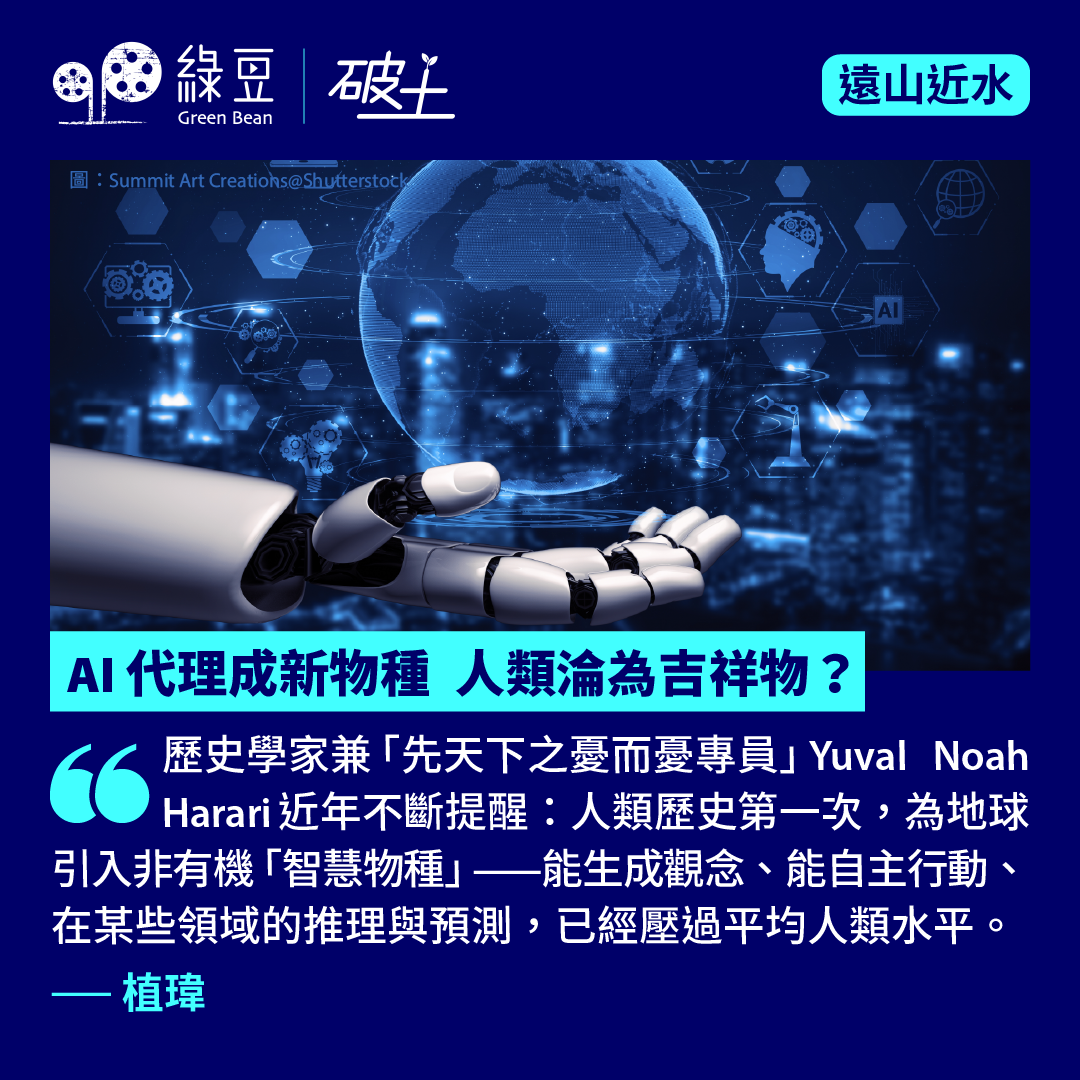A tale of rivals HK, Singapore battling Covid-19

Dubbed as “A tale of two cities,” the rivalry between Hong Kong and Singapore has been a never-ending story that has never disappointed pundits. With no sign of an end of the protracted Covid-19 epidemic, how to tackle the virus has put a litmus test to the two leading Asian cities. If the winner of the battle against Covid in its early stage of outbreak went to Hong Kong, Singapore has come from behind in the race to bring back normal life to their citizens, at least largely.
Anecdotal evidence that emerged from the two cities in the past week are obvious.
In his National Day Rally speech on August 21, Singapore Prime Minister Lee Hsien Loong was imbued with confidence when he told citizens the nation was getting stronger while “learning to live with the virus.”
“Amid the darkness of the pandemic, through these personal acts of kindness, courage and concern, the Singapore spirit shone brightly. It has made us collectively a better people and a more resilient society.”
He announced the indoor mask mandate for most spaces would be lifted on Monday (29/8), easing one of the city’s few remaining pandemic restrictions. It marks yet another major step towards living with Covid-19.
The significant easing of mask-wearing in Singapore contrasts sharply with the unwelcome signs of imminent tightening of social distancing rules in Hong Kong troubled by a rise of the daily tally of infected cases.
On Wednesday (25/8), the Hong Kong health authorities recorded 7,884 new Covid cases, 207 of them imported infections. Health officials have warned the caseload may surge past 10,000. An official said: “The tightening of social distancing measures could not be ruled out.”
As the warning signal was raised, the organiser of a 10 kilometre running event scheduled to be held on Sunday (28/8) made a surprise announcement that it will be canceled due to last-minute restrictions imposed by the Government. Citing Covid-19 concerns, the Government ordered the number of participants to be drastically reduced for the event to go ahead. Organisers decided to cancel the event, saying it would not be fair if any participants were eliminated before the race.
On the same day, the organiser of a cross-Victoria Harbour swim planned to be held in October said they might postpone or cancel the event if talks with the Government on the number of participants failed. They were told to slash the number of participants, including swimmers and staff, to 500. They had proposed to let 2,000 swimmers start in batches.
Scheduled for November 20, the fate of the Standard Chartered Hong Kong Marathon 2022 is becoming unclear.
Meanwhile, the website of the Standard Chartered Singapore Marathon 2022 read “Marathon is back” between December 2 and 4.
Signs of a return to the tightening mode in anti-Covid strategy in Hong Kong emerged weeks after the new administration led by John Lee took steps to soften the hotel quarantine rules to help boost the economy. A seven-day hotel quarantine requirement was replaced by a “3+4” requirement, referring to three days in a quarantine hotel and four days of medical monitoring.
In another sign of rules-easing, the Hong Kong Monetary Authority will hold a major international financial conference in the city in November, the first of its kind in three years. The Government is set to lift quarantine rules for participants as a show of welcome to international businesses and investors after more than two years of closed borders.
Also in November, the Hong Kong Rugby Sevens, a carnival-like premier sports event, will be back.
The two major financial and sports events had been seen as signals to be sent by the Government telling the world the city is back to normalcy after being hit by the epidemic for almost three years.
With the Covid caseload on the rise and the epidemic still a concern in the mainland, the Government now seems to have wavered in its anti-Covid strategy, creating confusion among the populace and to the international community.
Failure of the Government to fight for open borders has increasingly dented business confidence. Baek Yong-chun, South Korea’s consul-general in Hong Kong, said in an interview with the South China Morning Post last week, the city’s Covid-19 policies have shrunk the South Korean business community in the city.
Now, the most pressing need for Korean firms in Hong Kong, he said, is normalisation of land transport routes between the city and Guangdong province.
Baek’s indiscreet warning shows the patience of the international community is wearing thin.
The advantage of the unique position of Hong Kong in the region has been seriously affected by the tight anti-Covid policies in the city and the mainland. Financial and business figures have warned of a worsened brain drain if quarantine rules were not eased.
In a speech delivered at a business conference this month, Hong Kong Chief Executive John Lee has underscored the vital importance of grabbing talents to boost the city’s competitiveness.
As he talked, Lee Hsien Loong did the walking of “attracting and retaining top talent” and staying “open and connected to the world” in the National Day Rally speech.
In a seemingly unrelated move, he announced a colonial-era law criminalising gay sex will be repealed, adding the government will continue to “uphold” marriage as being between a man and a woman.
“What we seek is a political accommodation… I hope the new balance will enable Singapore to remain a tolerant and inclusive society for many years to come.”
Isn’t it yet another clear message to professionals from around the world that Singapore is no longer what it was? And what about Hong Kong? Is Hong Kong still what it has been?





